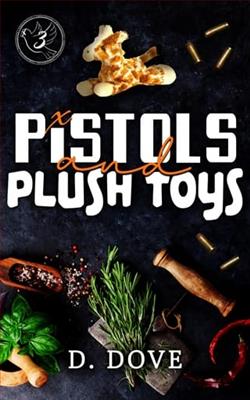
Pistols and Plush Toys
by D. Dove
Being the son of the head of the Russian mafia means that Nikolai has learned from a young age how to be hard. Ruthless. And with the Italians taking liberties on his turf, he knows he has to send a strong message. If that message has to come from Elliot Brooks, Mattia Vitale’s sobbing boyfriend, tied up in an abandoned warehouse, then so be it.
But Nikolai is not a cruel man. And as he learns that being Mattia’s lover might not have been… easy for Elliot, Nikolai starts to treat Elliot with a softer touch…
Pistols & Plush Toys has a 3 dove rating for some on-page SA and DV (not overly graphic and not between MCs), gaslighting, manipulation, food issues, trauma, mafia-typical violence, hurt/comfort, and plushophilia. It has a guaranteed happily ever after.
.
Read
Pistols and Plush Toys on http://kissnovel.net
Martial Peak Reviews
D. Dove's Pistols and Plush Toys is a compelling exploration of the complexities of human relationships set against the backdrop of the gritty and often brutal world of organized crime. The novel deftly navigates the tension between power and vulnerability, offering readers a nuanced portrayal of its characters and their struggles. At its core, the book is a study in contrasts, juxtaposing the harsh realities of mafia life with the tender, often overlooked aspects of human connection.
The protagonist, Nikolai, is a character who embodies this duality. As the son of the head of the Russian mafia, he is expected to be ruthless and unyielding. Yet, Dove skillfully peels back the layers of his hardened exterior to reveal a man capable of empathy and compassion. This is particularly evident in his interactions with Elliot Brooks, the boyfriend of his rival, Mattia Vitale. Initially, Elliot is nothing more than a pawn in Nikolai's game—a means to send a message to the Italians encroaching on his territory. However, as Nikolai learns more about Elliot's troubled relationship with Mattia, he begins to see him not as an enemy, but as a fellow human being deserving of kindness.
The evolution of Nikolai's character is one of the novel's greatest strengths. Dove does not rush this transformation; instead, she allows it to unfold organically, giving readers the opportunity to witness Nikolai's internal struggle as he reconciles his duty to his family with his growing feelings for Elliot. This slow burn is both realistic and satisfying, providing a depth to Nikolai's character that is often lacking in similar stories within the genre.
Elliot, too, is a well-drawn character whose journey is both heartbreaking and inspiring. His experiences with Mattia are marked by manipulation and abuse, and Dove does not shy away from depicting the impact of these experiences on Elliot's psyche. However, the author is careful not to reduce Elliot to a mere victim. Instead, she portrays him as a resilient individual who, despite his trauma, is capable of love and trust. This is particularly evident in his interactions with Nikolai, where he gradually learns to let down his guard and embrace the possibility of a new beginning.
The themes of trauma and healing are central to Pistols and Plush Toys, and Dove handles them with sensitivity and care. The novel does not gloss over the darker aspects of its characters' lives, but it also offers hope and redemption. The inclusion of plushophilia—a love for plush toys—serves as a poignant metaphor for the comfort and solace that can be found in unexpected places. It is a reminder that even in a world as unforgiving as the mafia, there is room for softness and tenderness.
In terms of style, Dove's writing is both evocative and accessible. She has a knack for creating vivid imagery that brings the story's settings to life, from the cold, dimly lit warehouses to the opulent, yet oppressive, family estates. Her dialogue is sharp and realistic, capturing the tension and emotion of each interaction. The pacing is well-balanced, with moments of intense action interspersed with quieter, more introspective scenes that allow for character development.
Comparatively, Pistols and Plush Toys shares thematic similarities with other works in the mafia romance genre, such as Cora Reilly's Born in Blood Mafia Chronicles or J.J. McAvoy's Ruthless People. However, Dove distinguishes her novel by focusing more intently on the psychological aspects of her characters' experiences. While violence and power struggles are integral to the plot, they serve as a backdrop to the more personal stories of healing and redemption. This focus on character development over action sets Dove's work apart and adds a layer of depth that is both refreshing and engaging.
It is important to note that Pistols and Plush Toys is not without its challenging content. The book includes scenes of sexual assault and domestic violence, though these are not overly graphic and are not depicted between the main characters. Dove approaches these topics with care, ensuring that they are integral to the narrative and not gratuitous. The novel's content warnings are clearly stated, allowing readers to make informed decisions about their engagement with the material.
Ultimately, Pistols and Plush Toys is a testament to the resilience of the human spirit. It is a story about finding light in the darkest of places and the transformative power of love and compassion. D. Dove has crafted a novel that is both thought-provoking and emotionally resonant, offering readers a unique perspective on the mafia romance genre. For those willing to delve into its complexities, the book promises a rewarding and unforgettable reading experience.




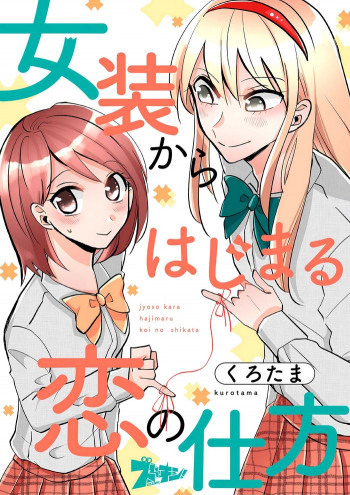

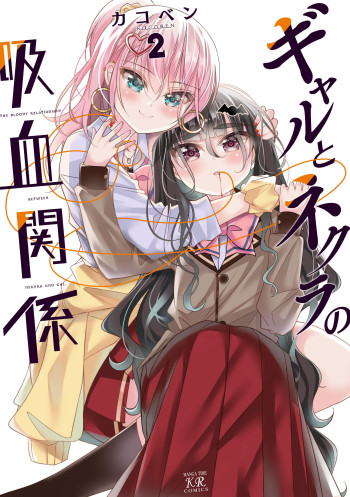

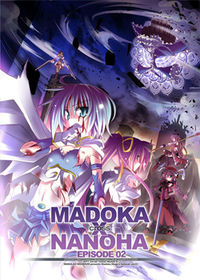
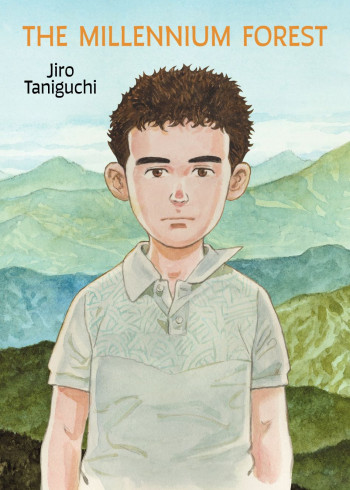


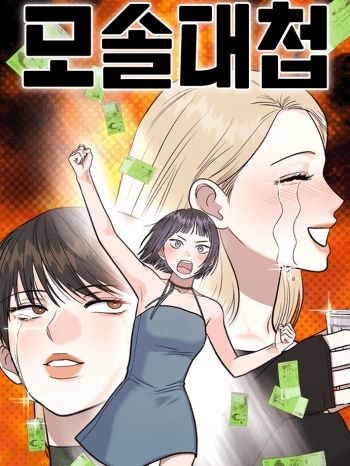










Reviews 0
Post a Reviews: